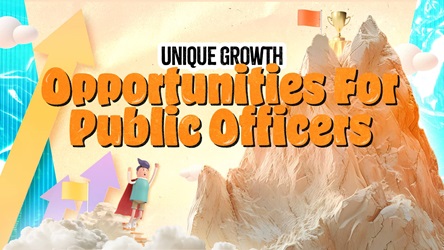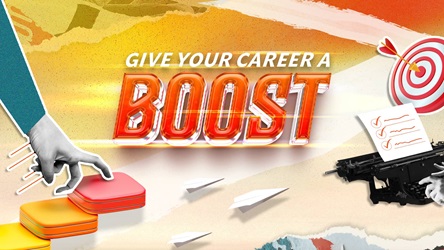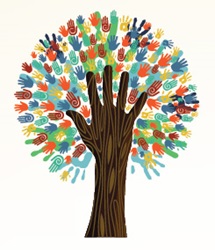Do You Care Too Much? The Drawbacks Of Being Over-Empathetic

Empathy, the ability to feel what another is feeling, is often extolled as a quality of a good public officer. One needs to feel for others to understand their needs and better serve them.
So the more empathy, the better? Not necessarily. The key is to use it judiciously while recognising its drawbacks, writes Professor Chong Siow Ann, Vice Chairman on the Medical Board (Research) at the Institute of Mental Health, in The Straits Times.
He adds that empathy has a spectrum: level 0 is an absence of it and level 6 is overkill.
Paul Bloom, a psychology professor at Yale University, argues that empathy could impair judgement in policymaking. We tend to feel more for those who are similar to us or attract us. This may lead us to design policies that benefit the few people we know or like, rather than for a bigger group of people who need more help.

For instance, it’s difficult to restrict carbon dioxide emissions because people tend to empathise with those whom they can identify as victims of higher costs from the restrictions. They feel less for the faceless “millions of people who at some unspecified future date will suffer the consequences of our current inaction”, Bloom writes in the New Yorker.
He also warns against the destructive effects of “empathetic distress”, or the experience of being mired in someone else’s pain from empathising too deeply. Too much of that may create burnout in the individual.
An over-empathetic person who constantly places the needs of others over his own also creates unequal relationships, points out Professor Chong.
The key to a balanced approach lies in self-awareness, psychoanalyst Robin Stern and developmental psychologist Diana Divecha argue in Psychology Today. “Whenever your empathy is aroused… pause and check in with yourself: What am I feeling right now? What do I need now?”
Knowing your own needs, such as having time for yourself, will give you a better idea of how much you are able to give to help another. Being honest with your loved ones that you are trying to find that emotional balance may also strengthen your relationships.
And instead of diving deep into the feelings of the other party, translate the emotions into action by proposing to do something to alleviate his pain, say Stern and Divecha.
So how wise are you in channelling empathy? That may affect how effective you are in helping others.
- POSTED ON
Jul 1, 2015
- TEXT BY
Chen Jingting
-
Deep Dive
Policy Making Tip: Nudge, Not Shove
-
Deep Dive
How to Make Life Simpler









